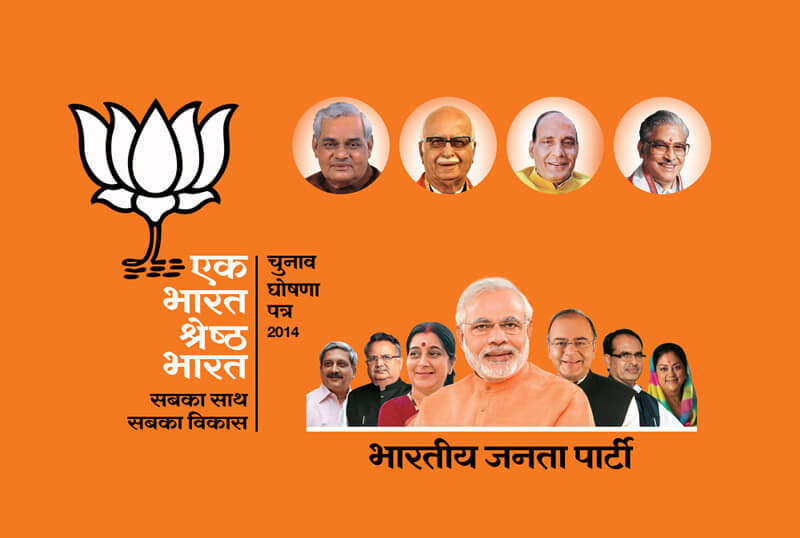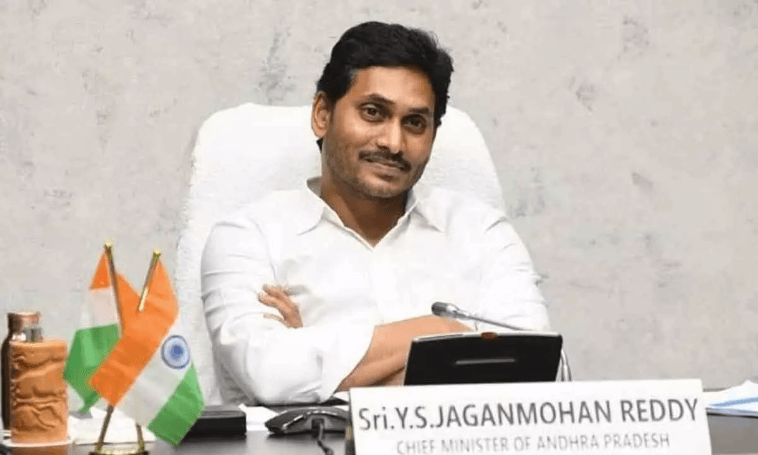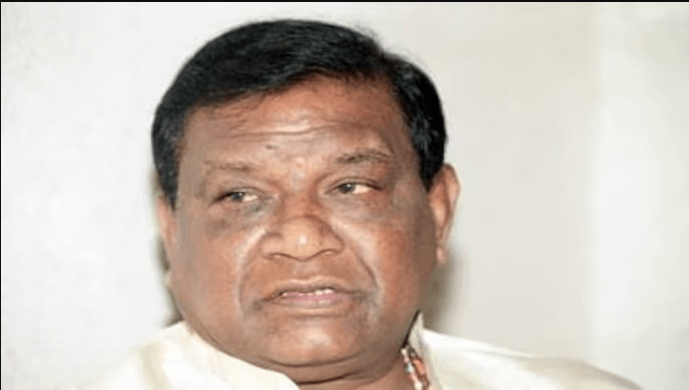
In the run up to the 2014 general elections, the BJP centred its campaign around alleged corruption under the Congress-led UPA government by promising ‘ache din’ and ‘jailing all the corrupt’. Several times during the campaign Narendra Modi grandiloquently promised to jail the corrupt. He was equally loud about eliminating black money. People gave BJP a decisive mandate and Modi became PM in 2014. On 8th November 2016 in a public broadcast PM Modi declared that Rs. 500 and Rs. 1000 notes would cease to be legal tender and grandiosely announced that the purpose of demonetization was to crackdown on corruption and eliminate black money. However, it turned out to be spurious. Recently, Supreme Court Justice B. V. Nagarathna said in a conference in Hyderabad that in the Indian economy at that time, Rs 500 and Rs 1000 notes comprised 86% of the currency and wondered about the goal of the demonetisation exercise since 98% of those notes came back to banks. She also questioned about black money eradication as demonetisation became a good way of converting black money into white money.
In 2017 the BJP government introduced the Electoral Bond Scheme, which allowed anonymous financial contributions to political parties, by amending several laws namely, the Representation of the People Act, 1951, the Companies Act, 2013, and the Income Tax Act, 1961. Its avowed purpose was to enhance transparency and accountability in political funding by eliminating black money, corruption. etc. The Supreme Court has recently struck down this secret political funding as unconstitutional and directed disclosure of complete details of all electoral bonds. From the data available in public domain, thanks to the Supreme Court, it came to light that the BJP is the biggest beneficiary as out of total Rs. 11,450 crores it received Rs. 6,566 crores which is 57%. Contemporaneous evidence indicates that Electoral Bonds have all the ingredients of a huge scam such as quid pro quo and corruption, shell and loss making companies donating to political parties huge sums of money suspected to be kickbacks, and laundering of black money.
In order to shield our democratic process from foreign interference, the laws regulating foreign contributions prohibited political parties and candidates from accepting foreign contributions in elections. But the BJP government through Finance Acts, 2016 and 2018 amended with retrospective effect the Foreign Contributions (Regulation) Act, 2010 (FCRA) by changing the definition of ‘foreign source’ not only condoning the past illegalities committed but also permitting political parties to receive foreign funds, and thereby paved the way for foreign intrusion into our political and electoral process compromising our sovereignty.
Also Read: Will BJP win the 2024 elections?
Further, notwithstanding the propaganda of alleged action against Foreign Funded NGOs, there has been a spike in FCRA remittances since the 2014-15. While during the 20 years between financial years 1994-1995 and 2013-14 an amount of Rs. 1,51,036 Crores was received, during the 8 years between 2014-15 and 2023-24 Rs. 1,46,392 was received. Data for financial years 2022-23 and 2023-24 is not yet available. However, from the trends of FCRA remittances in the preceding years it will be around Rs. 50,000 Crores together for both the financial years, making the total FCRA remittances during 10 year rule of BJP to be around Rs. 2,00,000 Crores which is humongous. Even if a small fraction of that huge amount of foreign funds has gone to political parties or candidates in elections, it amounts to serious subversion of our democracy and constitution. What sort of patriotism is this?

Several months prior to 2014 general elections, a spate of alleged scams during UPA rule surfaced namely, Chit Fund scam, Chopper scam, Tatra truck scam, 2G Spectrum scam, CWG scam, Coal scam, Adarsh scam, etc. The courts, CBI, ED and IT proactively initiated action as a result several Congress and UPA leaders came under scanner. Though the BJP came to power on the anti-corruption plank, hardly any political leaders of significance was convicted. On the other hand, the BJP has allegedly been misusing the law enforcement agencies to arm-twist the opposition political leaders under cloud either to defect to or align with the BJP. Out of 25 important opposition leaders who were allegedly under the scanner and joined BJP, 23 have reportedly got reprieve.

Politicians like Andhra Pradesh CM YS Jagan who faces 38 criminal cases including 11 CBI and 7 ED cases, have been buying peace from the BJP. As a result none of his cases have seen the light of the day, notwithstanding the direction of Supreme Court to speed up trial of cases against politicians. Likewise, the DMK leaders namely, the Maran brothers, A. Raja, Karunanidhi’s daughter Kanimozhi have been acquitted, after they not so secretly cosied up to BJP, thanks to the lacklustre prosecution of their cases before the courts. These are only representative examples of how the BJP has become the adda for the leaders facing allegations of corruption, money laundering, etc.
It is quite possible that some of them may be genuinely innocent. But as their innocence has been established only after their defection to or aligning with the ruling BJP, it creates dark shadows by raising serious moral questions.

Last year, fourteen political parties approached the Supreme Court against the alleged misuse of central investigating agencies in arresting opposition political leaders and other citizens exercising their fundamental right to dissent and disagree with the ruling BJP. It was alleged that 95% of political leaders investigated by CBI and ED belong to opposition. That is, out of 121 prominent politicians facing ED probe between 2014 and 2022, 115 are opposition leaders who had been booked, raided, questioned or arrested.
To wriggle out of or deflect the allegations of promoting corruption, shielding the corrupt who have joined or aligned with the BJP and targeting opposition leaders, etc, one of the standard refrains of the BJP has been that as Narendra Modi has no family he cannot be corrupt or has no motivation to be corrupt or shield the corrupt. That is a disingenuous argument. Late Jayalalitha, who was a spinster with no family, was convicted for corruption and was sent to jail. There are many prominent leaders who are unmarried or have no families facing cases or allegations of corruption. I don’t mean to even hint let alone allege that Narendra Modi is personally financially corrupt. I merely want to call out their bluff by highlighting the point that there is no connection between one’s familial status and corruption. It must be recalled that Manmohan Singh, whose personal financial integrity was impeccable, presided over a corrupt regime. As such, personal financial honesty of PM or a CM is meaningless if his party and government are not honest.

Barring honourable exceptions, every political party while in opposition grandiloquently talks against corruption, not necessarily because they are honest, but because they try to make a virtue of out of lack of opportunities to make money. Notwithstanding its anti-corruption rhetoric the BJP is no stranger to corruption as its unsavory history tells. In 2001, none other than its National President late Bangaru Laxman was caught on the camera taking bribe from one Mathew Samuel, and was later convicted by a Special CBI Court on 27th April 2012 and sentenced to four years in jail. Further, BJP’s former CM of Karnataka Sri B. S. Yeddyurappa faced charges of corruption and was also in jail for a while. There are allegations of misdeeds of BJP government in PM-CARES Fund which is mired in secrecy, selling Air India to Tatas for peanuts, CAG’s concern about astronomical escalation in cost of construction of Dwarka Expressway from Rs. 18.2 crores per km to Rs. 251 crores per km, More than Rs. 14,000 crores for Namami Gange project while the sacred Ganga is on the verge becoming a sewer like Yamuna, and several others. The Electoral Bond Scam is a pointer to several alleged scams, is only a tip of the iceberg. It seems further action to take it to logical end has come to a naught. Therefore, having seen the fate of investigation and trial of all the alleged scams and how the political class sabotage it, it is imperative that a Special Investigation Team (SIT) comprising serving or retired officers specially chosen by the Supreme Court, which will not be part of any Law Enforcement Agency but independently directly reporting to the Supreme Court, would alone will be able to unravel the truth.
Also Read: BJP in search of a winning strategy
It is pertinent to recall the stellar role of RTI Act and the Prevention of Corruption Act, 1988 (before it was amended in 2018) in exposing alleged corruption in the Congress-led UPA government. Information is power. So, the RTI Act empowered people to seek information from public authorities on all official matters (barring a very few exceptions). Based on that information obtained through RTI process about alleged corrupt deals, illegalities, etc during UPA rule, the CBI which had no legal shackles could initiate enquiries and investigation into those allegations. The BJP while in opposition used and exploited this situation to the hilt to oust the Congress-led UPA from power. And having formed government the BJP is acutely aware of the dangers for the corrupt lurking in these laws. So they have systematically wrecked the RTI Act so much so that it has gone from citizens’ most powerful tool to an Act on life support. In 2018 they amended the Prevention of Corruption Act, 1988. As per new section 17A introduced therein, “No police officer shall conduct any enquiry or inquiry or investigation into any offence alleged to have been committed by a public servant under this Act, where the alleged offence is relatable to any recommendation made or decision taken by such public servant in discharge of his official functions or duties, without the previous approval” of respective governments or appointing authority of the public servant. Which government will permit investigation into its own misdeeds? While Justice R. M. Lodha in 2013 denounced the CBI as a ‘caged parrot’, the BJP government translated his oral observation into a legal reality by destroying the Prevention of Corruption Act. Evidently, the real purpose of undermining RTI Act and emasculating the CBI was to prevent visitation of fate similar to that of UPA by firewalling themselves from any future enquiries and investigations into their alleged corrupt deeds.
Finally, there is an uncanny resemblance between the BJP’s anti-corruption rhetoric with a story in Jeffrey Archer’s popular book ‘A Twist in the Tale’, which goes like this: Ignatius Agarbi was the new Financial Minister of Nigeria. He begins a sweep on corruption and makes a name for himself. Impressed by his extreme honesty, his president entrusted him to find out how many Nigerians have stashed their bribes in Switzerland. He arrives at the Swiss Bank with a briefcase. Despite his greatest persuasion, the Swiss banker refuses to break their code of privacy. In the end, Ignatius places a gun to the head of the Swiss banker and threatens to kill him. Still the banker refuses to divulge any confidential information. Ignatius, who was actually extremely corrupt, was only checking to find out if the Swiss Banks would actually reveal the name of an account holder. Delighted with their secrecy, Ignatius deposits $5 million in cash.”
(Disclaimer: The views expressed in the articles are that of the author and do not necessarily reflect the views or position of Taazakhabar News)

